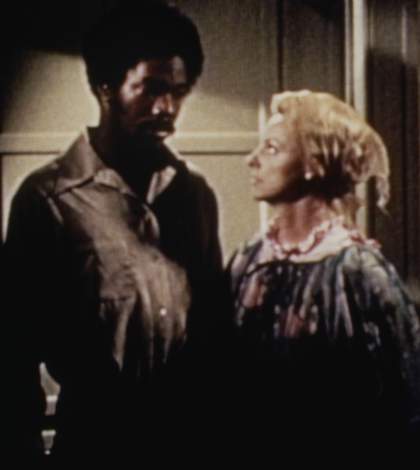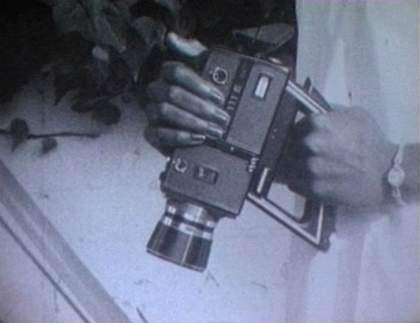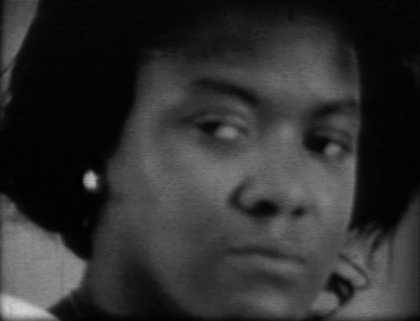Welcome Home, Brother Charles
Jamaa Fanaka, USA 1975, 35mm, colour, 91 min
Welcome Home, Brother Charles is a brutal and at times fantastic allegory of endemic racism in America in the 1970s.
Setting out to challenge persistent myths around black male sexuality, the film combines genre conventions with social commentary creating a highly symbolic exploration of the psycho-sexual politics of the time. Although marketed as a Blaxploitation film (and released on video with the title Soul Vengeance), Fanaka's first feature is a subversive revenge tale of an African American man humiliated and framed by a corrupt white establishment. Fanaka's cult film plays out the revenge as a commentary on white fears of inter-racial relationships, masculine insecurity and the persistent objectification of black bodies.
Jamaa Fanaka was a singular figure at UCLA and he created some of the most powerful films of the period. While still a student he wrote, directed and produced three features that got theatrical distribution, concluding with the first in the now classic Penitentiary series. Made with a minimal budget against the advice of his tutors, Welcome Home, Brother Charles was made with a crew drawn from ULCA including fellow students Charles Burnett and Ben Caldwell. With raw and visceral energy the film inverts genre conventions to create a highly expressive and unexpected psycho sexual.
Daydream Therapy
Bernard Nicolas, USA 1977, digital video, transferred from 16mm, b/w & colour, 8 min
Activist-turned-filmmaker Bernard Nicolas's Daydream Therapy 1980 is a fantasy of black resistance to everyday exploitation.
Structured in parallel to its striking soundtrack, the film escalates from Nina Simone’s restrained version of Pirate Jenny to the Afrocentric free-jazz of Arche Schepp’s Things Have Got to Change. The film is one of the key rediscoveries of the UCLA restoration project, a fantastic response to everyday oppression and a militant call to arms.
Programme duration: 99 min
Please note: this film includes adult content, and viewer discretion is advised.



